What is the sample comparative essay on the comparison of the narrative art in excerpts from the Diary of Dang Thuy Tram and A Liter of Tears? What is the determination of the grade-point average for high school graduation assessment in Vietnam?
What is the sample comparative essay on the comparison of the narrative art in excerpts from the Diary of Dang Thuy Tram and A Liter of Tears?
Diary of Dang Thuy Tram and One Liter of Tears are two new literary works included in the 12th-grade Literature textbook from authors - Dang Thuy Tram and Kito Aya. Below is a sample comparative essay on the comparison of the narrative art of these two works:
In the diary genre, many works have been penned with profound emotions and noble humanistic values, leaving an indelible mark on readers' hearts. Diary of Dang Thuy Tram, the notes of a young, passionate female doctor on the battlefield, is one of them, deeply immersed in the breath of the arduous wartime period. Meanwhile, One Liter of Tears, the diary of Japanese girl Kito Aya, records her journey fighting illness. Both works are testimonies to the spirit of resilience, delivering poignant emotions through the authors' unique narrative styles.
The narrative art in both diaries shares the common point of having a first-person narrator, allowing readers to merge with the author's emotions and thoughts. In Diary of Dang Thuy Tram, Dang Thuy Tram writes about daily life, work, and sacrifices on the battlefield of the young generation, with love for comrades and a constant longing for home inscribed in her heart. Dang Thuy Tram's narration is sincere and touching, portraying a picture of a difficult yet heroic wartime era.
Conversely, One Liter of Tears guides readers into Aya's life, a young girl facing a cruel disease at an age meant for joy and study. Aya's pen is gentle yet confessional, as she documents each challenge she endures, from painful falls to losing the ability to walk. The sadness and fear of gradually losing all motor abilities evoke sympathy in readers, but above all, there is the optimistic light of a resilient young person.
Interestingly, both authors express a yearning for freedom, albeit with different meanings. Dang Thuy Tram longs for freedom for her country, to end the war, while Aya desires personal freedom, to move and function as she once could. This is a simple yet powerful aspiration, urging both authors to rise above the major adversities in their lives.
Another noteworthy aspect of their narrative art is the blend of narrative and lyrical description, where each not only recounts events but also reveals deep emotions. Dang Thuy Tram records images of her comrades with love and admiration: “Thuan just cried over his father’s death, two mourning crests still heavy on his chest, but a smile had returned to his pale lips.” Or the memory of home, as she imagines “the cacophony of life in the capital city still echoing in me without ceasing for a moment.” Meanwhile, Aya, in her touching diary entries, shares the sadness of “crawling three meters to the icy hallway bathroom.” and when telling her mother she could no longer walk, tears dropped to the floor in choking sorrow.
Despite differences in circumstances, work, and age, both works help readers recognize the value of resilience and faith in life, expressed through unique and touching narrative art. These diary entries are not only stories but also convey the will, faith, and fervent desire to live — qualities that, whether in war or illness, are lights enabling each person to continue on their path.
Note: The above sample comparative essay on the comparison of the narrative art in excerpts from the Diary of Dang Thuy Tram and A Liter of Tears is for reference only. Students may refer to this to write their own comparative essay on the comparison of the narrative art of these two works.
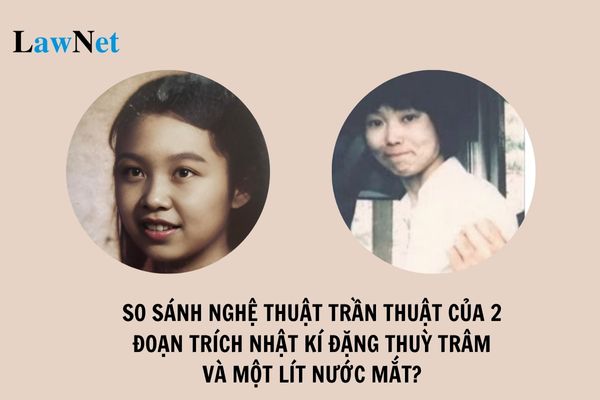
What is the sample comparative essay on the comparison of the narrative art in excerpts from the Diary of Dang Thuy Tram and A Liter of Tears? What is the determination of the grade-point average for high school graduation assessment in Vietnam?Image from the Internet)
What is the determination of the grade-point average for high school graduation assessment in Vietnam?
According to regulations in Article 41 of the high school graduation exam regulations issued in conjunction with Circular 15/2020/TT-BGDDT, the grade-point average for high school graduation assessment in Vietnam is calculated as follows:
- Grade-point average for graduation assessment: consists of scores of papers for high school graduation assessment as prescribed in point a clause 3 Article 12 of this Regulation, bonus points, extra points (if any) and the grade-point average of 12th grade, score of each paper/subject will be converted into scale 1-10.
+ The grade-point average (GPA) for high school students is calculated as follows:
|
GPA for graduation assessment = |
Total score of 4 papers + Total extra score (if any) |
+ |
(GPA of 12th grade) x 3 |
|
Bonus point (if any) |
|
4 |
|||||
|
10 |
|
|
|||
+ The graduate point average (GPA) for continuing education students is calculated as follows:
|
|
Total score of 3 papers |
+ |
Total extra score (if any) |
+ |
(GPA of 12th grade) x 3 |
|
Bonus point (if any)
|
|
3 |
4 |
||||||
|
10 |
|
|
|||||
- Grade-point average for graduation assessment shall be rounded to the nearest one hundredth by examination software.
What are the regulations on extra points in the high school graduation exam for students participating in contests and other activities in Vietnam?
Under the provisions of Clause 1, Article 40 of the high school graduation exam regulations issued in conjunction with Circular 15/2020/TT-BGDDT amended and supplemented by clause 14, Article 1 of Circular 05/2021/TT-BGDDT:
Extra points
1. Students participating in contests and other activities shall receive the amount of extra points as follows:
a) Get individual prizes in the contest of sciences for excellent 12th-graders: Win first, second, third prize in the national contest or first prize in provincial contests: +2.0 points; get consolation prize in the national contests or second prize in provincial contests: +1.5 points; Get third prize in provincial contests: +1.0 points;
b) Get individual or team prizes in practical contests of Physics, Chemistry, Biology; arts, sports contests, exhibitions of national defense education, science and engineering contests, international letter-writing competitions held by education authorities in cooperation with other authorities from provincial level and above for high school students. Individual prizes: first, second or third prize in national contests, first prize in provincial contests or gold medal is granted 2,0 extra points; consolation prize in national contests, fourth prize in national science and engineering contests, second prize in provincial contests or silver medal is granted 1,5 extra points; third prize in provincial contests or bronze medal is granted 1,0 extra point. Team prizes: extra points shall only be awarded to candidates with team prizes at national level; the number of players, athletes and actors of teams shall comply with the rules provided by the organizer of each contest; persons winning team prizes shall be entitled to the same amount of extra points awarded to those winning individual prizes as provided for in this Point. Candidates winning different prizes in different contests shall be eligible for the extra points granted to the highest prize.
c) Candidates with prizes from several contests shall only receive the highest extra score for the highest prize.
Under the above regulations, the extra points in the high school graduation exam for students participating in contests and other activities in Vietnam are specified as follows:
- Get individual prizes in the contest of sciences for excellent 12th-graders: Win first, second, third prize in the national contest or first prize in provincial contests: +2.0 points;
Get a consolation prize in the national contests or second prize in provincial contests: +1.5 points;
Get third prize in provincial contests: +1.0 points;
- Get individual or team prizes in practical contests of Physics, Chemistry, Biology; arts, sports contests, exhibitions of national defense education, science and engineering contests, international letter-writing competitions held by education authorities in cooperation with other authorities from provincial level and above for high school students.
Individual prizes: first, second or third prize in national contests, first prize in provincial contests or gold medal is granted 2,0 extra points; consolation prize in national contests, fourth prize in national science and engineering contests, second prize in provincial contests or silver medal is granted 1,5 extra points; third prize in provincial contests or bronze medal is granted 1,0 extra point.
Team prizes: extra points shall only be awarded to candidates with team prizes at national level; the number of players, athletes and actors of teams shall comply with the rules provided by the organizer of each contest; persons winning team prizes shall be entitled to the same amount of extra points awarded to those winning individual prizes as provided for in this Point. Candidates winning different prizes in different contests shall be eligible for the extra points granted to the highest prize.
- Candidates with prizes from several contests shall only receive the highest extra score for the highest prize.

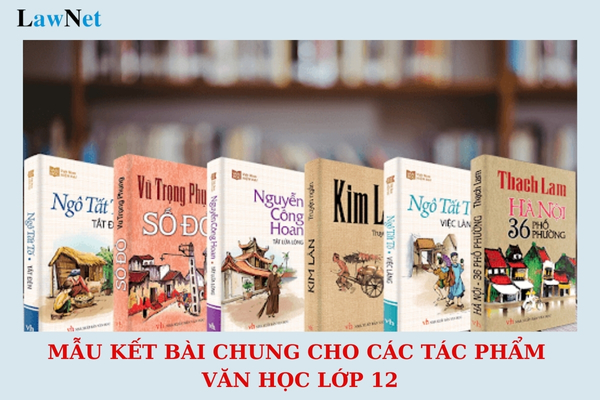

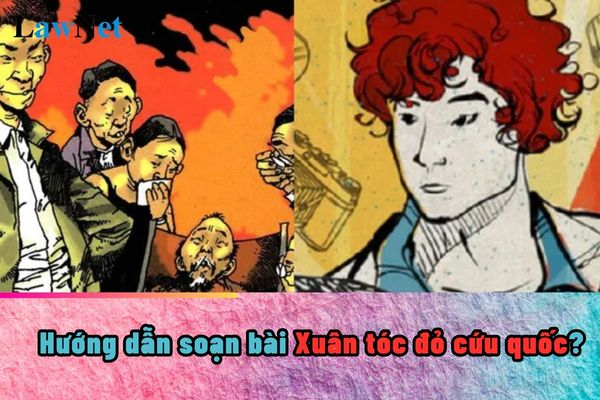


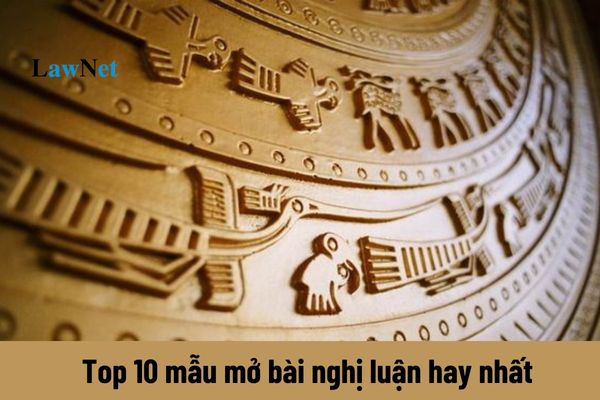

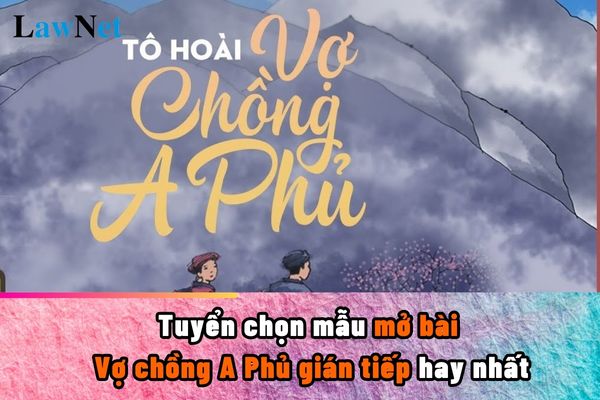
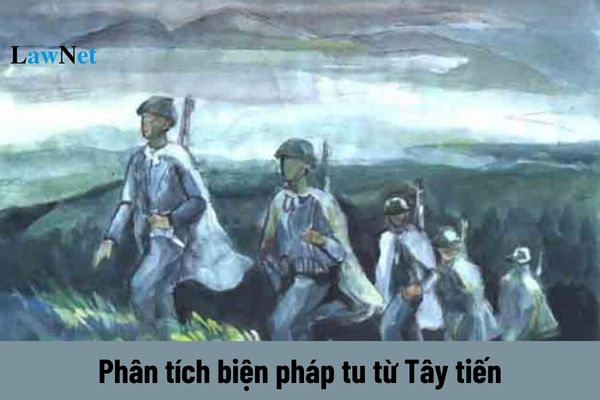
- Compilation of Major Events in the Resistance War Against the United States for National Salvation From 1954 to 1975: What are the Core Contents of the 12th Grade History Subject?
- Vietnam: What is the meaning of the saying "Law is minimum morality while morality is maximum law"? How many modes of study are there in undergraduate education?
- Vietnam: What are the sample persuasive essays on environmental protection for 7th-grade students? What are the requirements for 7th-grade students to be eligible for grade advancement?
- Vietnam: What are the guidelines for preparing the shortest lesson "Caught in Thi Hen's Trap/Mắc mưu Thị Hến"? What are the 08 steps for development of 10th-grade textbooks?
- What are the brief sample self-introductions in English with attached Vietnamese meanings? What is the grade at which English is a compulsory subject?
- What are the 02 sample social argumentative essays on opportunities for Vietnamese young people in Today’s Era? What are the requirements for the general education program?
- In Vietnam, what are explicit meaning and implicit meaning in Literature? When does the first semester of the 2024-2025 school year end?
- Vietnam: What is the exponentiation formula? What is the grade at which the Mathematics program will include the exponentiation formula?
- Vietnam: What are the guidelines for preparing the shortest lesson about the Poem "Little Spring/Mùa xuân nho nhỏ" in the 7th-grade Literature program? What are the values that 7th-grade Literature gives students?
- In Vietnam, what are the differences between the old and new colonialism? What is the duration allocated for each content in the 12th-grade History program?

